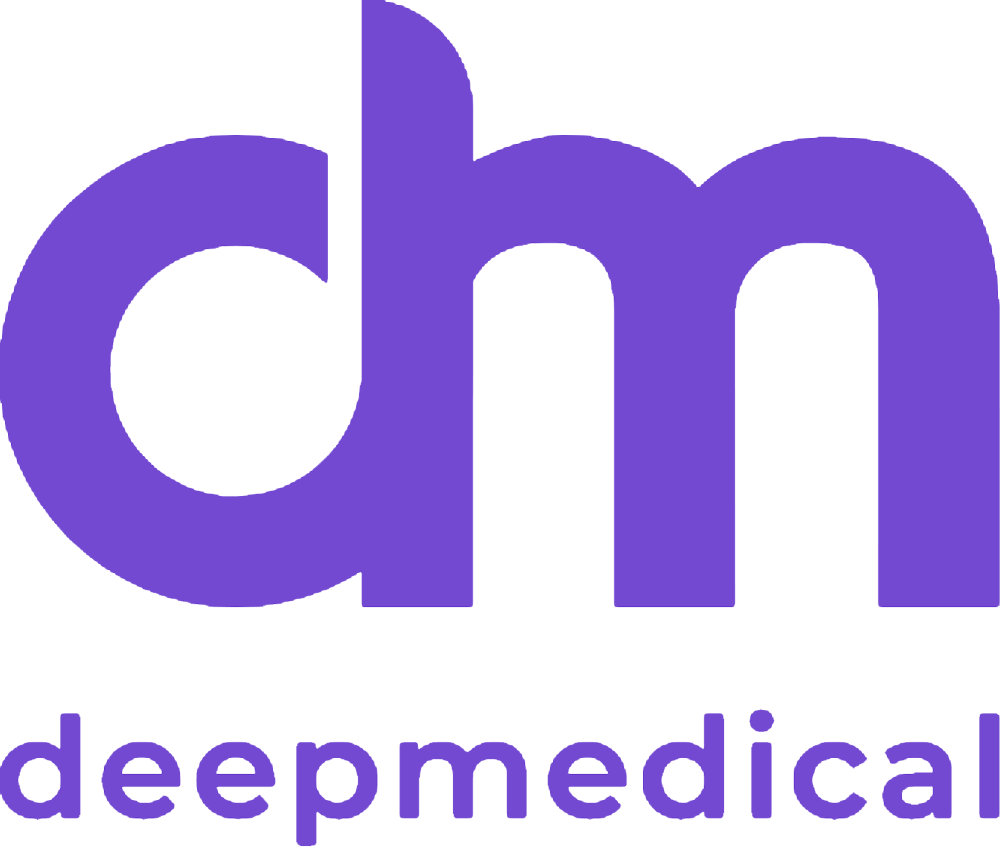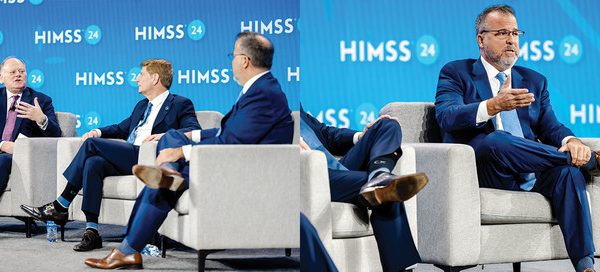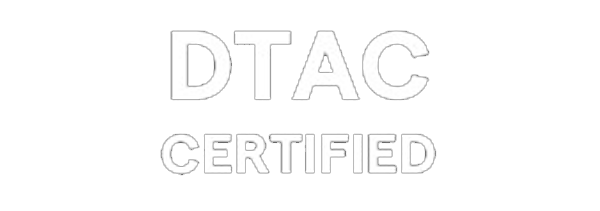More than 30,000 health care professionals attended HIMSS24 in Orlando last week, March 11-15, to explore the latest innovations in health IT. Across the Orange County Convention Center’s miles of aisles, over 1,000 exhibiting companies showcased how their products, services and AI integrations can improve the digital health ecosystems of hospitals and medical centers.
Along our journey through the trade show floor, we spotted some big brand names with tech-driven exhibits and some smaller booth footprints with noteworthy, original ideas. Altogether, there were six design and experiential trends that stuck out. Read on for our take on HIMSS24.
SWAG ISN’T GOING AWAY
Pretty much every booth was giving away some type of branded item, ranging from classics like pens and stress balls to socks and ice packs filled with gel beads. In fact, so much swag was being freely distributed that the straps on our HIMSS24 reusable bag were coming apart at the seams.
Some of our favorites included PaperCut’s “Grow a Living Christmas Tree” kit inside a can and Spectrum Enterprise’s drawstring bag full of travel essentials, like an eye mask, earplugs, lip moisturizer and lavender fabric refresher spray (a brand ambassador gave our bag a little extra spritz).
Plushies were a premium giveaway item that attendees scoured the show floor for. Salesforce’s 8-inch Astro was the top contender (more on that below), along with Twilio’s red-hooded owl and a t-shirt-wearing elephant keychain from iFive Global. The perfect type of giveaway for parents to bring back home to their kids or for health care professionals to gift to patients.
Down one of the first aisles we visited, we were drawn to Service Express’ tall pyramid stack of light-up white cups. The alternating blue lights were enough to capture the attention of passersby to learn about the company’s infrastructure and data center solutions. The flashing cups are always such a hit that the Service Express team brings them to every trade show.
The marketing team behind Stoltenberg Consulting Inc. brainstormed a selection of practical items that attendees could use daily: portable fans that connect to smartphones, a cutlery set in a branded carrying case, a smartphone card holder that doubled as a bubble fidget toy and a spherical ice mold.
SCAVENGER HUNTS
One of the sure-fire ways to collect swag was through an in-booth scavenger hunt. Rather than having attendees walk by a booth and swipe a freebie without stopping, brands got creative to encourage attendees to engage with the products or services on display by either chatting with brand reps or taking part in a demo.
Demo Prize Passport with five circles that needed to be marked off to enter a drawing for high-end prizes. Twilio’s digital scavenger hunt started with registration via a QR code to learn about its customer engagement platform. Following completion, participants received a Twilio-branded tumbler and blanket.
With the promise of an Astro plush, attendees sought after the Salesforce booth (they often stopped to ask new Astro owners, “Where did you get that?”) to join its quest that required visiting three areas: the Welcome to Salesforce kiosk and two additional product demos. After collecting all three stamps, participants returned to the Welcome Desk to exchange their completed card for one of two plush options: Astro dressed in a black Trailblazer hoodie or a white lab coat. (Get the scoop on Astro’s lore here.)
GAMIFICATION
Gamified experiences took engagement to the next level. With the idea to present its data optimization solutions in a more tangible way, DrFirst developed its own game in-house through a collaboration among the marketing, events, product management, engineering and quality management teams.
“Med Entry Dash” operated through a large touchscreen and keyboard, prompting participants to enter prescription data, such as dosage and frequency, into a form. Then, the game had them review the data already inputted by AI to show the service’s efficiency in writing prescriptions. We scored 56 seconds and 30 clicks on our own, and compared to our score with AI, we ended up with 10 seconds and six clicks, culminating in a savings of 46 seconds and 24 clicks. How’s that for results in action?
Hot pink-branded Atera created a game to demonstrate the power of its IT management platform. With 200 scenarios in the mix, players entered a space-themed world to beat Atera’s AI. Successful participants joined the leaderboard, and the winner at the end of HIMSS received a Meta Quest 3 headset. The game was played through a keyboard and monitor, and players sat in a modern circular pod chair surrounded by galaxy lighting in a partially enclosed tube area.
TruBridge took more of an old-school route, opting for a green-branded claw machine that let attendees have a go at grabbing branded t-shirts, water bottles, tote bags, mini beach balls and circular canisters filled with gift cards to Starbucks and Buffalo Wild Wings.
LIVE PRESENTATIONS (AND TRIVIA)
Several exhibitors dedicated part of their booth footprints to a stage or presentation space. Many opted for modular cube seating over chairs, and nearby standing signage outlined the programming schedule and speakers.
Palo Alto Networks hosted live trivia at 3 p.m. every day of the show that kicked off with a presentation on its cybersecurity work before diving into fun questions tying into the Orlando setting and local attractions. With each question, winners earned a raffle ticket to enter to win a JBL Bluetooth speaker, neck massager or wine tote.
Palo Alto Networks invited attendees to take part in daily in-booth trivia sessions on topics like Disney Parks knowledge.
Cisco used its presentation area for 15-minute sessions on current trends in health care, and from 5-6 p.m. on Tuesday and Wednesday, brought in VR headsets to allow attendees to virtually see its tech solutions for themselves.
HIGH-TECH COFFEE BARS
Speaking of Cisco, it offered the coolest IRL application of its Webex Connect cloud communications platform. Enter: Café Cisco. Here, attendees could place an order right from their phone by scanning a QR code to generate a text conversation with Webex. Texting the word “Coffee” started the order and presented options one by one for drink type, coffee type, milk preference and sweetener flavor.
Our phone service was spotty (you know, convention center problems), so it took a bit to get the order to go through. But once it did, within five minutes, we were treated to a hot latte with oat milk, vanilla and the Cisco logo displayed in the foam.
While not the main use case for Webex Connect, Café Cisco certainly painted a warm picture for how it could be leveraged in health care organizations’ IT systems. And with coffee and tea bars incorporated into almost every large booth space we encountered, Cisco set itself apart.
EYE-CATCHING HANGING SIGNAGE
Brand signage hanging from the rafters of convention centers is standard for trade shows to allow attendees to pinpoint the locations of their favorite booths. But at HIMSS, we spotted a few unique approaches to hanging signage and décor.
After using a ring-style sign above its booth for many trade show appearances, Workday switched to a hanging LED-illuminated version of its logo, and it’s definitely working because it caught our attention enough to stop by.
Below its suspended circular logo, data security company CloudWave hung three fluffy clouds illuminated from the inside with bright white lights, adding a bit of fun to the view of the OCCC’s metaphorical skyline. Cloud-based software brand ServiceNow went for a sharper look with a multispiked, angular chandelier that elevated the modern design of its booth.
